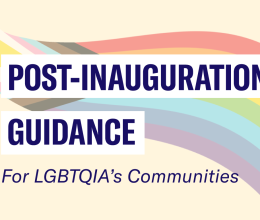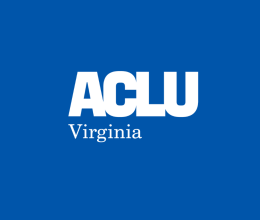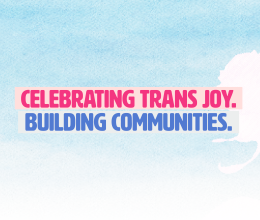On June 22, 2022, our clients—local bookstores Prince Books, Read Books, One More Page Books, and bbgb tales for kids, as well as American Booksellers for Free Expression, Association of American Publishers, Inc., Authors Guild, Inc., American Library Association, Virginia Library Association, and Freedom to Read Foundation—filed motions seeking to dismiss obscenity proceedings against two books, highlighting the unconstitutional nature of the proceedings and noting that the books are not obscene as a matter of law.
The books are Gender Queer, a Memoir, by Maia Kobabe, an autobiographical graphic novel that depicts the author’s experience as a non-binary person; and the fantasy novel A Court of Mist and Fury, by Sarah J. Maas.
The proceedings were initiated pursuant to Virginia Code § 18.2-384—a law that has not been used for decades, but which purports to allow any individual to file a petition claiming that any book is obscene. A judge is then tasked with determining whether there is probable cause to find that the book may be obscene. If so, the proceeding can result in a court order enjoining the distribution of the challenged book anywhere in the state of Virginia merely upon that finding of “probable obscenity.” And if the book is ultimately adjudged obscene based on local community standards, the proceeding will result in a presumption that anyone who sells or even lends the book knows it is legally obscene, opening the door to criminal prosecutions for book distribution.
In these proceedings, a Virginia resident petitioned a state trial court to find that the books were “obscene for unrestricted viewing by minors”—a category that the relevant Virginia statute doesn’t contemplate—and asked the court to enjoin Virginia Beach public schools and Barnes & Noble from making the books available to minor readers without parental consent. The challenge comes amid increased efforts to ban books around the country, but appears to be the first attempt to ban any sale or distribution of a book statewide.
On May 18, 2022, the Virginia Beach Circuit Court issued orders finding “probable cause to believe” the books were “obscene for
unrestricted viewing by minors” and ordered the books’ authors and publishers to show cause why the books should not be adjudged obscene. The authors, publishers, Barnes & Noble, and our clients have all submitted filings in response.
Not only are the proceedings an abuse of the statute—which does not allow a determination of obscenity for minors, rather than the community writ large—but, as our clients argue, the statute is also unconstitutional.
It vests in individual trial courts located in one city or county the authority to enjoin the sale, publication, and distribution of a book across Virginia—without requiring notice to all parties governed by the order (and requiring only four days’ notice to those parties the court does choose to notify), an adverse hearing, or even a final judicial determination that the book at issue is in fact obscene. This creates the risk that publishers, distributors, and booksellers who have no knowledge that a book has been so much as challenged—and who may never appear before the deciding court—may still be bound by the court’s order.
Furthermore, after entry of a temporary restraining order or a final adjudication of a book’s obscenity, the government can impute knowledge of a book’s obscenity to anyone in the state who “publishes, sells, rents, lends, transports, . . . or commercially distributes or exhibits the book.” This raises the threat of liability for incredibly broad swaths of people—including booksellers, teachers, parents, and others—who, again, may not have had the chance to appear before the deciding court. In essence, it creates a strict liability regime for selling or lending books.
Finally, because Virginia applies local rather than statewide community standards to determine obscenity, the law appears to unconstitutionally allow an injunction against the circulation of a book deemed legally “obscene” in one community in others where the book would likely not be held obscene at all.
The Circuit Court for the City of Virginia Beach rejected two petitions arguing that Gender Queer by Maia Kobabe and A Court of Mist and Fury by Sarah J. K. Maas are obscene by holding that the statute pursuant to which the petitions were filed violated First Amendment free speech rights and the constitutional right to due process. The time to appeal has expired and this case is over.



